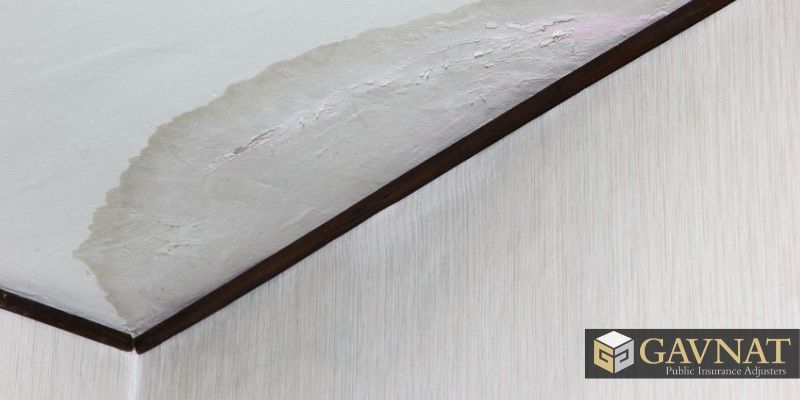
If water damages your house, will your standard homeowner’s insurance policy cover it? Perhaps. If it’s an abrupt internal water leak, then yes, it should… However, the policy doesn’t cover harm done by neglect or utter disregard… or damage done because of a flood.
When Does Homeowner’s Insurance Cover Water Damage?
Standard home insurance arrangements typically require water damage to be both unexpected and interior, with the prerequisite that the water has never come in contact with the outside ground. This implies the water damage must be the aftereffect of one of the 16 risks covered by homeowner’s insurance.
Some reasons you ARE covered by your policy:
• Downpour or blizzard
• Plumbing: Burst pipes, solidified pipes, defective pipes, unintentional flood
• Water harm from stifling a fire
• A spilling rooftop (inclusion would stretch out just to the home inside, not simply the rooftop)
• A coincidental flood of an apparatus or installation (washing machine, bath)
• Vandalism
When Does Homeowner’s Insurance Not Cover Water Damage?
Water damage isn’t constantly covered by your home insurance if it’s not the aftereffect of a mishap or abrupt, startling event. Disregard or absence of upkeep by bringing about water damage will mean you’re held responsible for the expense of repairs.
Certain circumstances where homeowner’s insurance coverage doesn’t cover water damage include:
• Ground drainage
• Water or sewer pipe reinforcements
• Flooding
• Ineffectively kept up pipes prompting spills
Standard arrangements won’t cover water damage coming about because of a flood– instead you’ll have to buy extra flood protection, particularly if you live in a high-hazard region inclined to flooding– like Louisiana property holders do.
Mold from Water Damage:
Mold is very normal and is frequently found after water damages your home, yet it’s not always covered by homeowner’s insurance. Mold remediation can cost up to $30,000.
When Is Mold Covered by Homeowner’s Insurance?
Mold is covered when the water damage is identified with a typical hazard. In the event that circumstances, for example, burst pipes or an AC framework flood permits mold to develop, your homeowner’s insurance should cover all or a portion of the mold evacuation cost in light of the fact that the mold is viewed as an augmentation of “water damage.” You might want to buy a floater policy or underwriting that adds “additional mold inclusion” to your coverage if you think mold could eventually be a problem where you live.